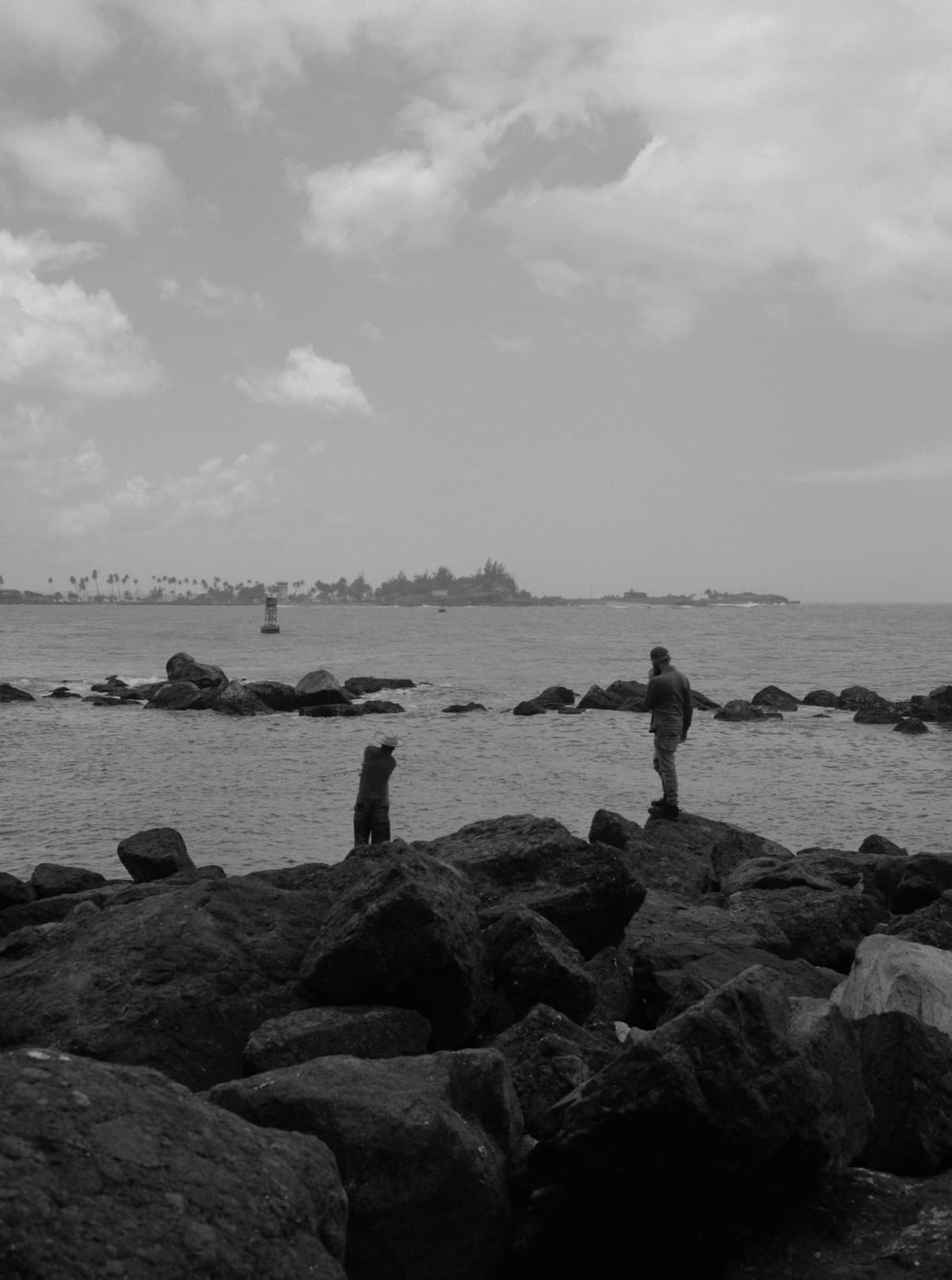Beneath the Bridge
The tragic Baltimore bridge collapse underscores who remains among the most vulnerable in the U.S. when disaster strikes.

LISTENING: to Shakira's new album over and over again
FEELING: disturbed
SEEING: the video of the bridge collapse over and over again
When people from other countries come to the U.S., they usually come with one purpose: to work. With this income, they can support their families back home. Immigrant workers often take any job they can: cleaning houses, cutting grass, farming fields. That's definitely been the case with my own family members who have come from El Salvador. One aunt has saved up enough money to return home after coming in 2016. She doesn't want to be here longer than necessary. She's so ready to return home.
Amid the climate crisis, we have seen the disaster economy also turn to migrant labor. When hurricanes hit or wildfires rage, this workforce often cleans up afterward. Last year, the Center for Public Integrity investigated the toxic exposures immigrants face while on the job after hurricanes. In 2019, High Country News published a deep dive focused on undocumented workers rebuilding post-wildfires.
Now, we're learning that the six construction workers who remain missing after the Baltimore bridge collapsed early Tuesday morning were from Central America. One man, Miguel Luna, was from my ancestral El Salvador. My heart aches.
Welcome to Possibilities, a creative climate newsletter on the possibilities that lie where crisis meets community. I’m Yessenia Funes, and the dark underbelly of labor is a climate justice issue.
